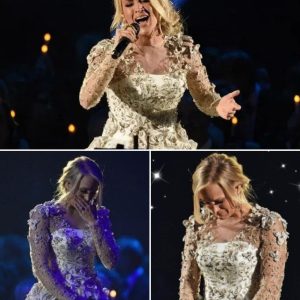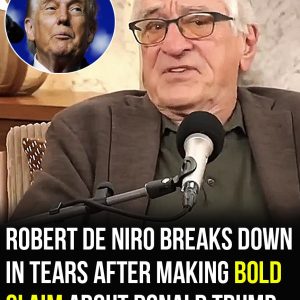The sudden suspension of Jimmy Kimmel Live! has sent shockwaves through late-night television. The move by ABC followed backlash over Kimmel’s recent monologues discussing the assassination of political figure Charlie Kirk. The comments, which included pointed criticism of political groups and figures, triggered public and regulatory outrage.
Hours after the announcement, fellow late-night host Jimmy Fallon abruptly canceled a scheduled appearance at Fast Company’s Innovation Festival in New York. He had been slated to speak on a panel titled “Staying On Brand,” but organizers confirmed his last-minute withdrawal. Neither Fallon nor NBC offered a public explanation.
Kimmel’s remarks, in which he linked the suspected shooter to political extremism and mocked certain responses to the tragedy, drew a sharp rebuke from FCC Chairman Brendan Carr, who called the content “truly sick” and warned of potential consequences related to spreading misinformation. His statements contributed to growing pressure on ABC.
Media company Nexstar Communications, which operates 23 ABC affiliates, also pulled the program, citing the content as offensive and inappropriate. The mounting backlash prompted ABC to indefinitely suspend Kimmel’s show, sparking debate over the balance between political commentary and network accountability.
Former President Donald Trump praised ABC’s action, using the moment to criticize Fallon and other NBC hosts, whom he labeled “total losers.” He urged NBC to follow suit, further intensifying the political dimensions of the controversy. Meanwhile, entertainment unions and free speech advocates have raised concerns over what they see as a chilling effect on creative expression.
The controversy underscores how late-night television is facing increasing scrutiny from political, public, and regulatory spheres. With Fallon’s cancellation and Kimmel’s suspension, networks now find themselves navigating a fraught environment where entertainment, politics, and public opinion are deeply entangled.




